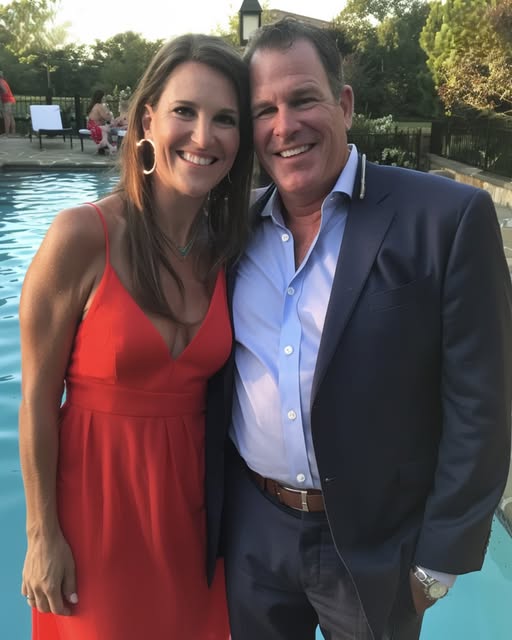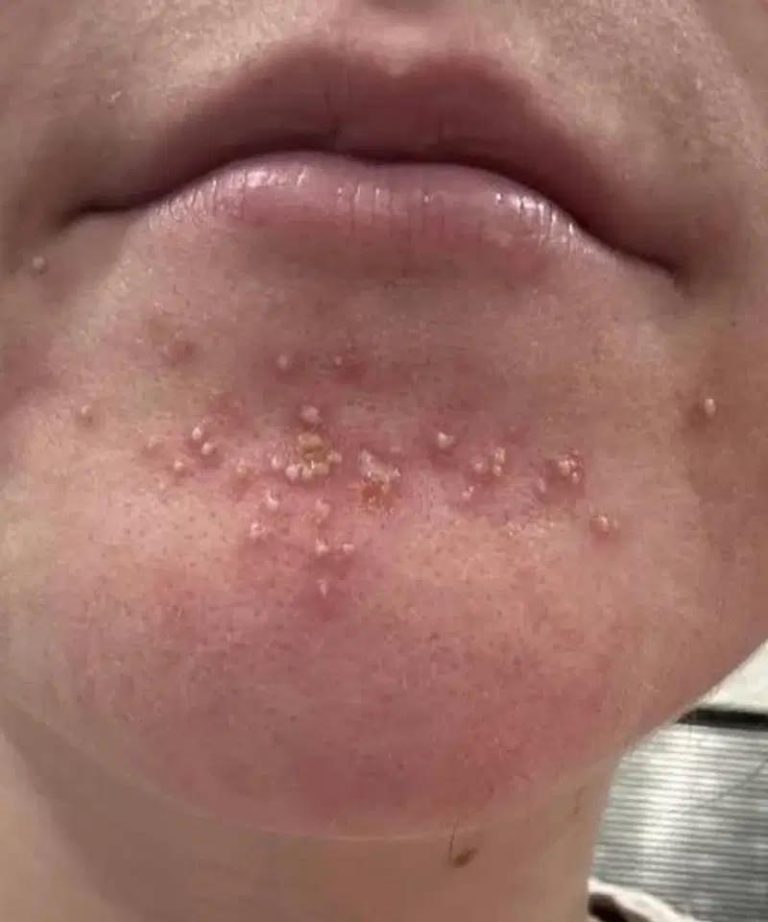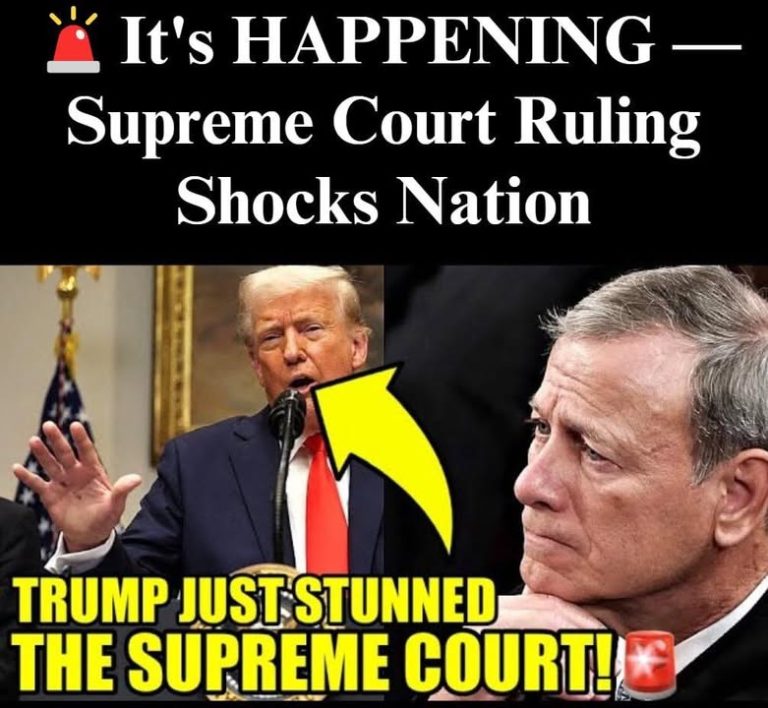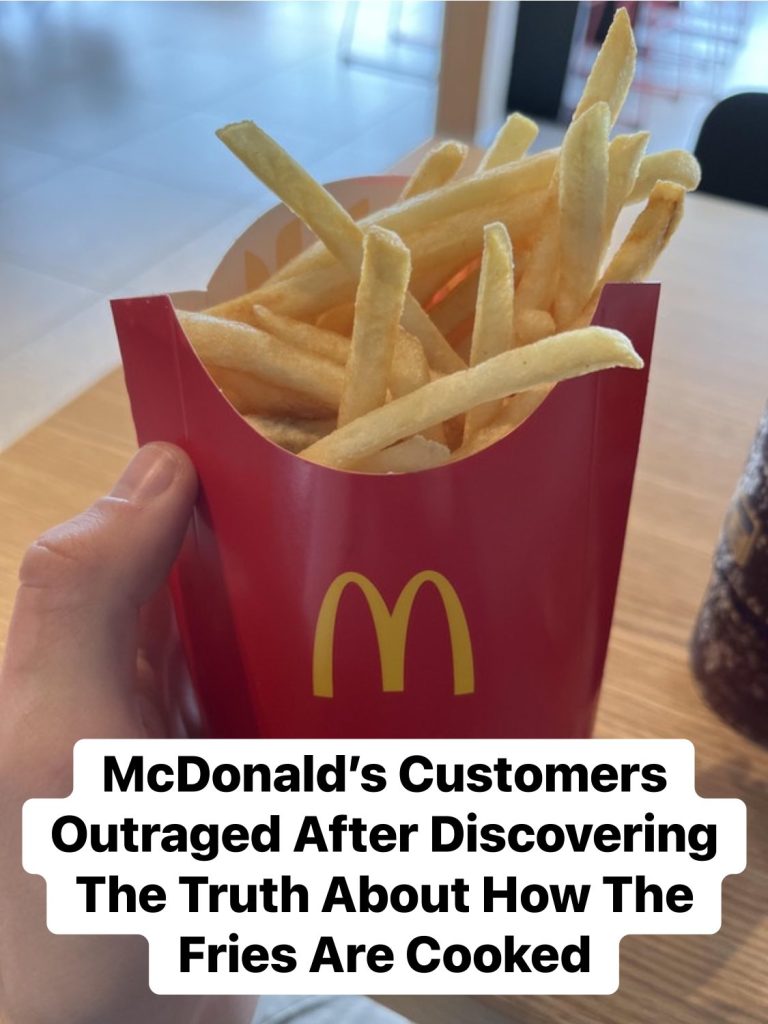Room Erupts When RFK Jr. Makes Joke About Trump
Robert F. Kennedy Jr., the environmental attorney and activist, has been nominated by President Donald Trump to lead the Department of Health and Human Services (HHS). Known for his outspoken stance on vaccine safety and environmental issues, RFK Jr.’s selection has garnered significant attention, both for his pedigree and the controversies that surround his views. The nomination puts Kennedy, a member of one of America’s most famous political families, in the spotlight as he seeks to gain the Senate’s approval for one of the most influential roles in the federal government.
RFK Jr.’s confirmation hearings began with his first appearance before senators on Wednesday, where he faced a series of questions that touched on everything from his stance on public health policy to his past remarks on vaccines and environmental concerns. The stakes were high, as the role of Secretary of Health and Human Services is critical in shaping the country’s approach to issues like healthcare, drug safety, disease prevention, and public health emergencies. On Thursday, RFK Jr. was set to appear before the Senate Committee on Health, Education, Labor, and Pensions for further questioning.
A Family Legacy and a New Political Arena
The Kennedy family name carries significant weight in American politics. Robert F. Kennedy Jr. is the son of the late Robert F. Kennedy, the U.S. senator and presidential candidate assassinated in 1968, and the nephew of President John F. Kennedy. While he has built a name for himself as a prominent environmental lawyer and activist, Kennedy’s political potential has long been a subject of intrigue. His selection to lead HHS marks a new chapter in his public life, one that has already sparked intense debate across the political spectrum.
While Kennedy’s expertise lies primarily in environmental law, particularly his work on water and air quality issues, his nomination to head HHS is a reflection of President Trump’s desire to shake up the establishment. Unlike most previous HHS nominees, Kennedy has no formal background in healthcare administration or medical policy. This has led some critics to question whether he is the right person for the job. However, supporters argue that his fresh perspective and commitment to public health advocacy could bring much-needed change to the department, which has faced its own share of challenges in recent years.
The Controversy Surrounding Vaccines
One of the most controversial aspects of Robert F. Kennedy Jr.’s career has been his outspoken criticism of vaccines. He has repeatedly raised concerns about the safety of vaccines and their potential link to autism, a position that has been widely discredited by the scientific community. His views on vaccines have led to considerable backlash, especially in the face of widespread support for vaccination programs aimed at preventing diseases like measles, polio, and influenza.
During his confirmation hearings, RFK Jr. sought to clarify his position on vaccines, stating that while he remains an advocate for vaccine safety, he understands the overwhelming consensus among medical professionals that vaccines are safe and essential to public health. He attempted to distance himself from the more extreme aspects of the anti-vaccine movement, which has been criticized for spreading misinformation and contributing to vaccine hesitancy.
Still, his past statements on the issue remain a point of contention. Senators on the committee questioned him about his previous comments and whether his views would influence his approach to public health policy at HHS. For many, the issue of vaccine safety is non-negotiable, and Kennedy’s association with the anti-vaccine movement has raised concerns about his ability to lead a department responsible for the nation’s health.
A Lighthearted Moment
Despite the intense questioning on serious matters like vaccines and public health policy, there was a lighter moment during the confirmation hearing that captured the attention of many. When RFK Jr. was asked about his approach to regulating public health behaviors, he joked that he didn’t intend to restrict Americans from indulging in things like McDonald’s or Diet Coke. This remark was met with laughter from the senators present, and Kennedy acknowledged that President Trump, too, is known to indulge in those items from time to time.
The comment helped to humanize Kennedy in the eyes of many, offering a glimpse of his more relaxed and approachable side. It also served as a reminder that public health policy, while serious, also involves navigating complex cultural and lifestyle factors. For Kennedy, balancing the promotion of healthier lifestyles with the preservation of individual freedoms will be a key challenge if he is confirmed as Secretary of Health and Human Services.
Moving Forward
As Kennedy continues his confirmation process, both supporters and detractors are closely watching his every move. His stance on vaccines and his environmental activism will likely remain central to the debate, as will his ability to manage the wide range of responsibilities that come with leading a department as vast and important as HHS. The hearing on Thursday before the Senate Committee on Health, Education, Labor, and Pensions is expected to provide further insight into how Kennedy plans to approach the role.
If confirmed, Robert F. Kennedy Jr. will step into a high-pressure position at a time when the nation is grappling with ongoing healthcare challenges, from the COVID-19 pandemic to rising healthcare costs and the opioid crisis. His leadership will be tested as he navigates these issues and works to improve the health and well-being of millions of Americans.
For now, all eyes remain on the Senate confirmation process, and it remains to be seen whether RFK Jr. can overcome the controversies surrounding his past statements and secure the support necessary to lead the Department of Health and Human Services. Regardless of the outcome, Kennedy’s nomination marks a significant moment in American politics, as it underscores the continued relevance of the Kennedy family name in shaping the country’s future.






